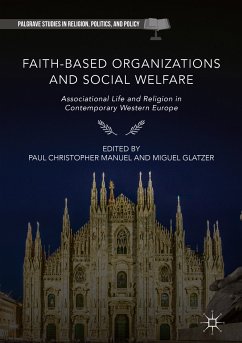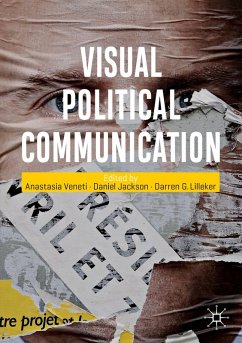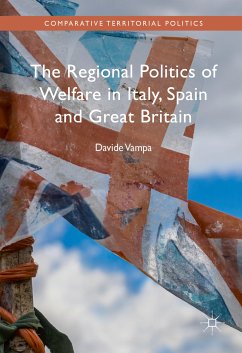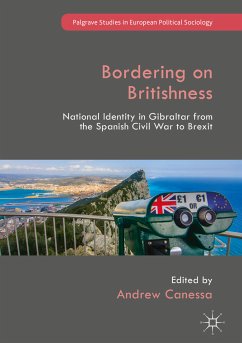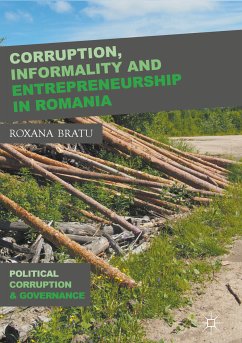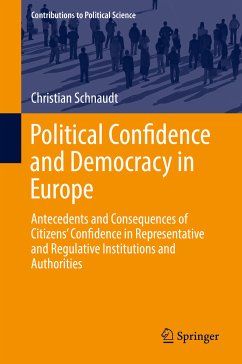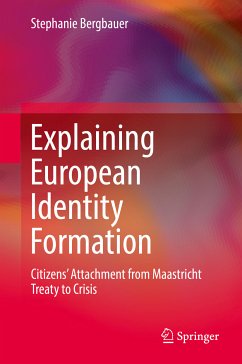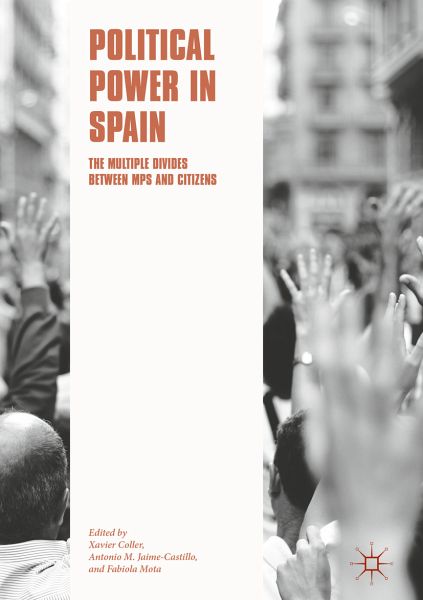
Political Power in Spain (eBook, PDF)
The Multiple Divides between MPs and Citizens
Redaktion: Coller, Xavier; Mota, Fabiola; Jaime-Castillo, Antonio M.
Versandkostenfrei!
Sofort per Download lieferbar
68,95 €
inkl. MwSt.
Weitere Ausgaben:

PAYBACK Punkte
34 °P sammeln!
This book explores why some people become politicians, how they represent citizens in parliaments, and what they think about democracy and its institutions. It analyses the results of the first survey of a representative sample of Spanish MPs (580 cases) and citizens. The study covers areas such as: social profiles; recruitment and selection; women in parliaments; motivation for politics; perception of the representative function and how this is affected by corruption, disaffection and mistrust; national and regional identities; ideology; the functioning of parliamentary groups, and perception...
This book explores why some people become politicians, how they represent citizens in parliaments, and what they think about democracy and its institutions. It analyses the results of the first survey of a representative sample of Spanish MPs (580 cases) and citizens. The study covers areas such as: social profiles; recruitment and selection; women in parliaments; motivation for politics; perception of the representative function and how this is affected by corruption, disaffection and mistrust; national and regional identities; ideology; the functioning of parliamentary groups, and perceptions about the EU. The case of Spain is used to demonstrate how MPs' values, opinions and attitudes conflict and complement with those of the citizens they are supposed to represent. Through a systematic comparison between MPs and citizens, the contributions deal with topics that are key to understanding how democracies work and the role played by MPs.
Dieser Download kann aus rechtlichen Gründen nur mit Rechnungsadresse in A, B, BG, CY, CZ, D, DK, EW, E, FIN, F, GR, HR, H, IRL, I, LT, L, LR, M, NL, PL, P, R, S, SLO, SK ausgeliefert werden.




